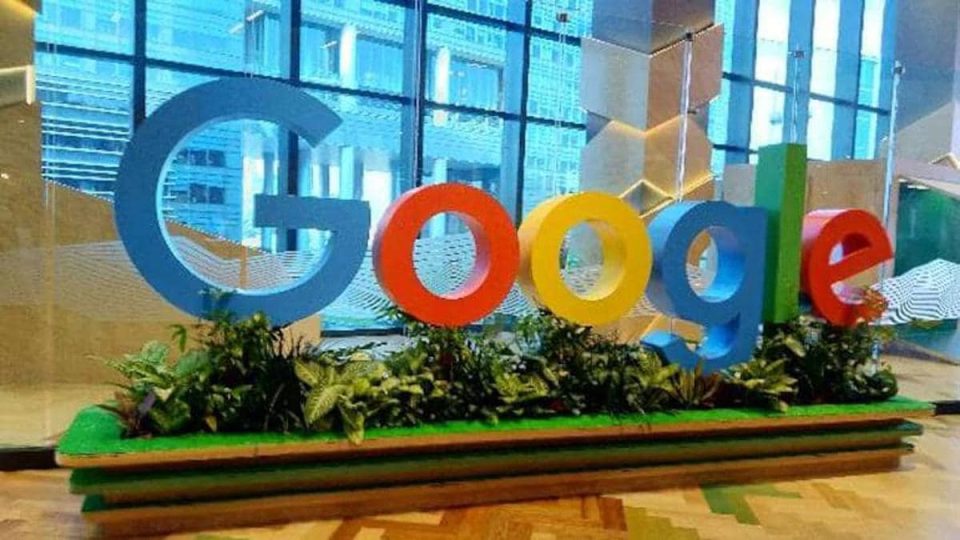Alphabet’s Google, Meta and other big online platforms will have to do more to deal with illegal content or face hefty fines under new internet rules agreed upon Saturday by EU countries and EU lawmakers. The deal was reached after more than 16 hours of negotiations. The Digital Services Act (DSA) is the second aspect of EU antitrust chief Margrethe Vestager’s strategy to take control of Alphabet unit Google, Meta and other US tech giants.
Last month, she won the backing of 27 countries and lawmakers for landmark rules called the Digital Markets Act (DMA) that could force Google, Amazon, Apple, Meta and Microsoft to change their Core business practices in Europe.
Vestager tweeted: “We have reached an agreement on DSA: The Digital Services Act will ensure that what is illegal offline is considered illegal online – not a slogan, but a reality.”
EU lawmaker Dita Charanzova, who called for such rules eight years ago, welcomed the agreement.
“Google, Meta and other large online platforms will have to act to better protect their users. Europe has made it clear that they cannot act as independent digital islands,” she said.
“As the law is finalized and implemented, the details will matter,” Google said. “We look forward to working with policymakers to ensure the remaining technical details are correct to ensure the law applies to everyone.”
Under the DSA, these companies face fines of up to 6 per cent of their global turnover for breaking the rules, and repeated violations could result in them being banned from doing business in the EU.
The new rules prohibit targeted ads targeting children or based on sensitive data such as religion, gender, race and political opinions. Dark mode, a tactic that misleads people into giving personal data to companies online, will also be banned.
Extensive online platforms and online search engines will need to take concrete steps during the crisis. The move was sparked by the Russian invasion of Ukraine and related disinformation. These companies could be forced to hand over data related to their algorithms to regulators and researchers.
The companies also face annual fees of up to 0.05 per cent of global annual revenue to cover the cost of monitoring their compliance.
EU lawmaker Martin Schirdewan has criticized the exemption given to medium-sized companies.
“It was a mistake that the exception rule for mid-sized companies was consolidated under pressure from conservatives. With a large number of companies in the digital space falling into this definition, the exception was like a loophole,” he said. The DSA will be implemented in 2024.



